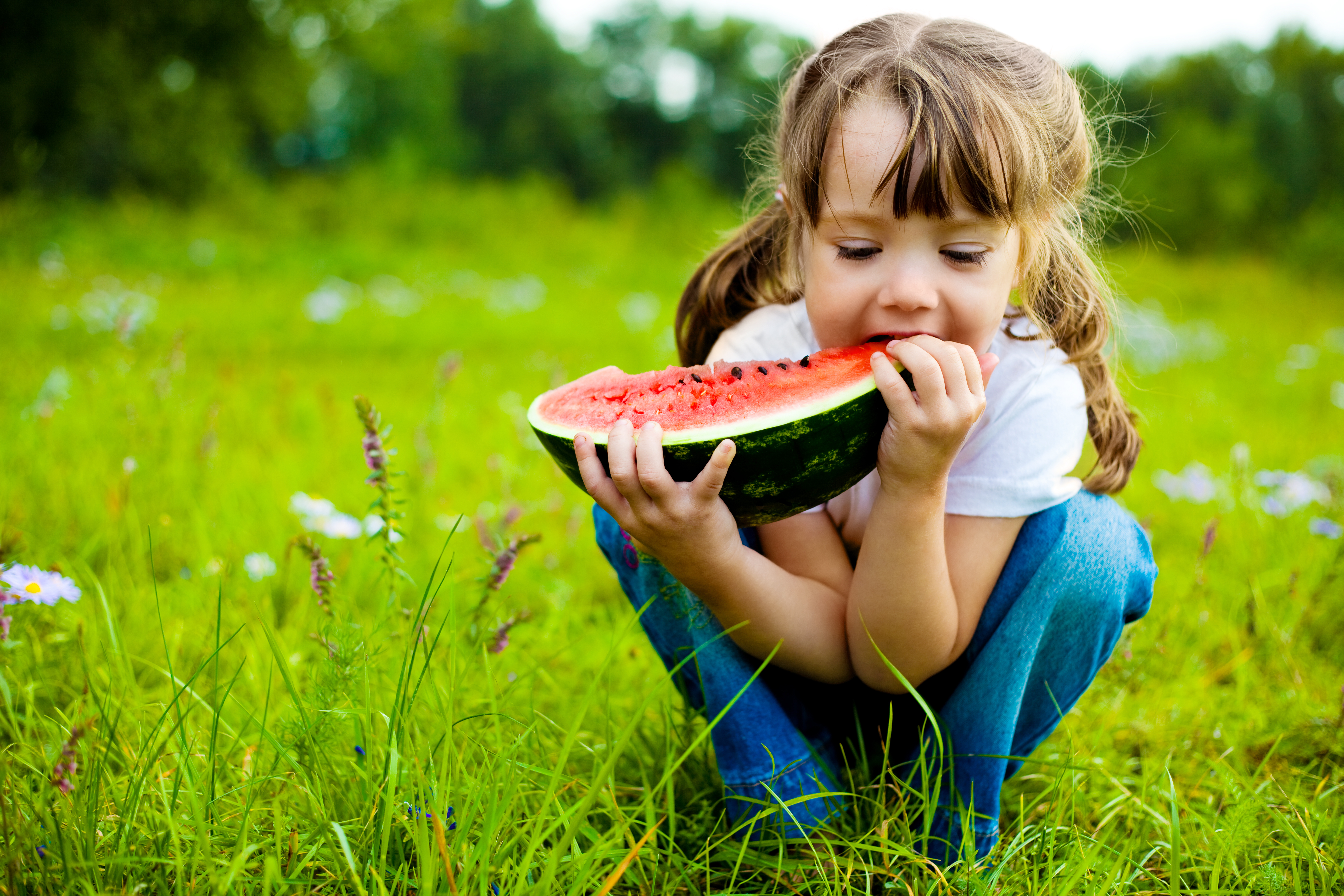We all instinctively know from birth that food is essential to our own survival. Studies show that a nutritious diet will make your child healthier and better able to learn.
Children can be picky eaters. For many parents, picturing a toddler stubbornly throwing a piece of broccoli to the floor in disgust is easy – after all, it’s an all too familiar scene. However tiring it might be, it’s important that you find ways to convince your child to eat that piece of broccoli, as studies show that having a balanced and nutritious diet directly impacts all aspects of a child’s growth and development.
Why is Nutrition so Important for Children?
The relationship between nutrition, health and learning is undeniably strong: nutrition is one of the three major factors that impact a child’s development. As genes and environment are the other two factors, eating a certain food cannot guarantee that your child will be smarter, although my mother did successfully teach (trick?) me to eat fish when I was little for that very reason. Nevertheless, research studies show that nutrition in a child’s early years is linked to their health and academic performance in later years.
Copyright: Lana K
Nutrition and Health
However you might personally define it, “a child’s early years” begin before birth when it comes to nutrition. Under-nutrition during pregnancy stunts foetal growth and can lead to poor brain development that result in irreversible chronic illnesses. Under-nutrition of a breastfeeding mother will likewise negatively impact a child’s development, especially in the first 6 months when breast milk is all he/she is consuming. For all soon-to-be and new mothers, it’s worth making sure you’re consuming a healthy and balanced diet full of the vital nutrients that both you and your child need: carbohydrates, protein, calcium, iron and vitamins A, C and D. Although at first glance this list seems overbearing, realistically you probably consume most of these nutrients already – it’s just about following proportions, which the eatwell plate helps to illustrate.
Is it really that important for children to be consuming all of the above nutrients though? The short answer: yes. The benefits of good nutrition to health are endless, but the following few conclusions made by researchers serve to prove my point. Firstly, breastfeeding by mothers following nutritious diets leads to fewer and less severe cases among their children of illnesses including diarrhoea, ear infection and bacterial meningitis. This is because better-nourished children have an enhanced natural ability to fight infection. Secondly, since iron is a vital component of brain tissue, iron deficiency makes nerve impulses move slower and may cause permanent damage to a child’s brain, especially in the first two years of his/her life; iron deficiency during this time is linked to behaviour changes and delayed psychomotor development. However, too much iron also presents problems. As my mother wisely often tells me, “the key is to find the middle way”. Thirdly, under-nutrition has been proven to decrease a child’s activity levels, social interactions, curiosity and cognitive functioning. Although parents everywhere probably harbour the wish that their child wasn’t quite so hyperactively jumping on their bed at 6am, good nutrition remains a must.
Copyright: DeeMPhotography
Nutrition and Academic Performance
It seems bizarre to think that what your child consumes at, say, 4 months will affect their learning ability years later. Research has proven this true. Throughout their early childhood, it’s important to monitor your child’s nutrient intake for the sake of their later performance. For instance, breastfeeding appears to lead to higher IQ, while iron deficiency correlates with reduced cognition and achievement at school age. More obviously to the layman, since under-nourished children get sick more often, they miss more school and fail to keep up with peers. Research has made the link even clearer: school-age children who eat breakfast do better in tests than those that go without.
“Eat up please”
When there’s work to go to, bills to pay and dishes to wash, getting your child to eat what they don’t want to (especially when doing so might cause a much-dreaded tantrum) is oftentimes the least of your worries. But it’s critically important. Following nutrition guidelines is relatively straightforward during pregnancy, as well as at the start of your child’s life. When your child starts to form likes and dislikes, my advice to you is to accept preferences but continue to introduce new foods by making silly faces and playing peek-a-boo until you hear that giggle and see your toddler happily putting the spoon into their mouth themselves. Persevere. I promise he/she will thank you one day.
Resource – https://novakdjokovicfoundation.org/importance-nutrition-early-childhood-development/


